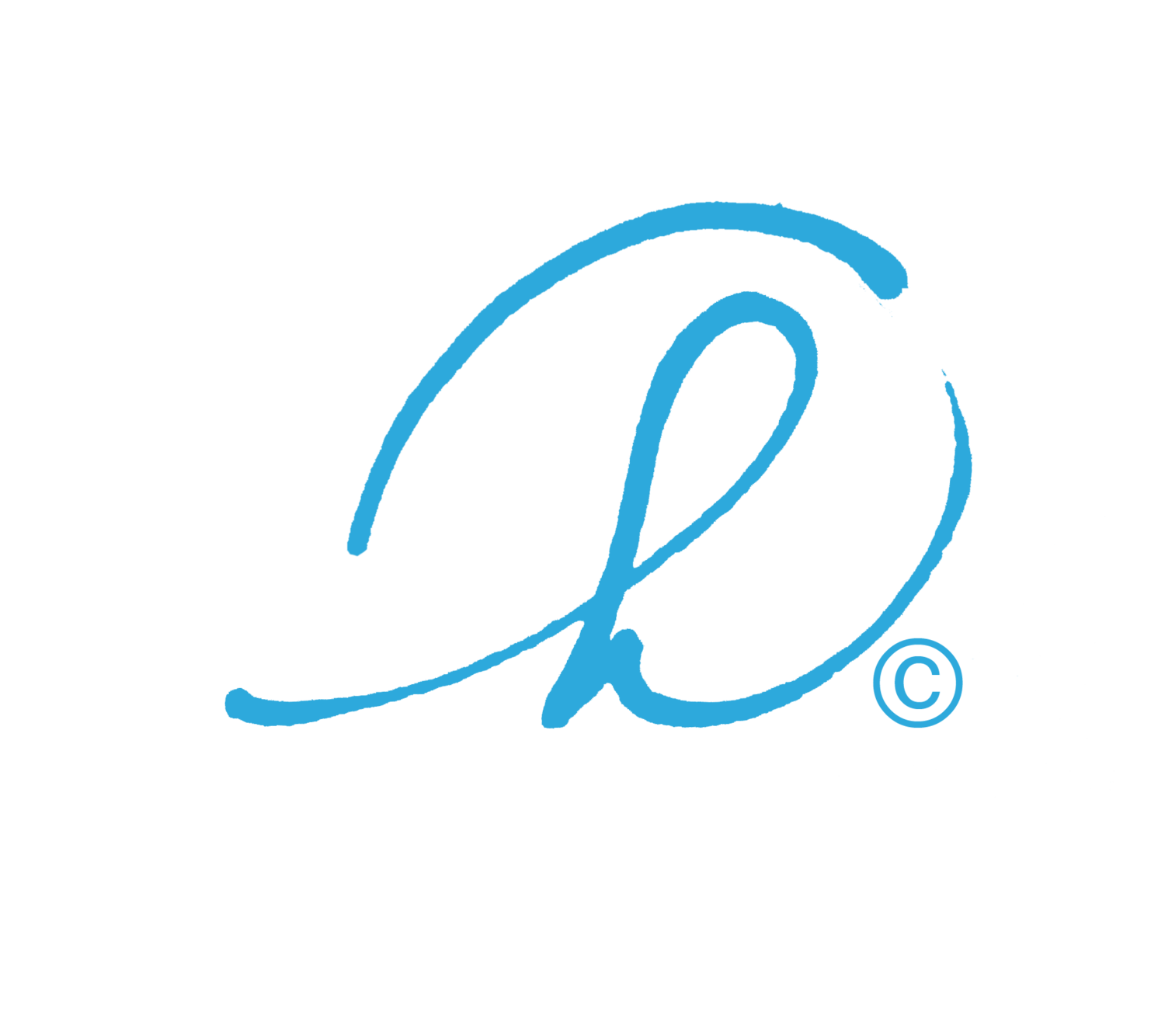Guest Post by Andrea Caldwell
As soon as children are old enough to talk, many adults begin to ask them, “What do you want to be when you grow up little girl (or boy)?” An innocent and well-intentioned question, surely. Yet I’ve come to believe that this question sets us up for spending the next ten, twenty, thirty years (or maybe a lifetime) focused on WHAT we do with our lives, rather than WHY we do it. And while there’s nothing inherently wrong with that, in my opinion it’s a damn shame.
It took me until I was about 30 years old to figure out my “why” – and once I did, I realized that it had been my “why” that led me from a job at Deloitte, to business school at Notre Dame, to a leadership development program at DuPont. But it was also my “why” that left me feeling terribly unfulfilled by my career up to that point.
I’ll tell you what my “why” is momentarily – but to create a little realism (and perhaps let the suspense build), I’ll share the journey by which I came to figure it out myself. Also, before I continue, I want to clarify that I do not regret (and in fact, I am incredibly grateful for) the first part of my career. I learned a ton about business, I met amazing people each step of the way who are still dear friends and mentors, and I had formative experiences that led me to where I am today. It seems easy in retrospect to connect the dots between all the stages of my journey thus far – but I’ll be honest, it was much less obvious as it was unfolding!
During my time at Deloitte, I had gotten very involved in the firm’s community service efforts. I served as a mentor for low-income high school students, led projects for the firm’s annual day of service, and co-led fundraising for my office’s JDRF team. I saw how impactful these efforts could be and wanted to learn more about business so I could one day lead a company’s efforts to “do well and do good”. So I decided to get my MBA, and while investigating schools, I came across the tagline for Notre Dame’s Mendoza College of Business: “Ask more of business. Ask more of yourself.” I thought, “Yes! Let’s do that!”
So I spent the next two years at Notre Dame taking classes such as Corporate Citizenship, Sustainability Accounting, and the Business of Corporate Social Responsibility (I also made myself take a few Finance classes as well). During the course of my first year, I came across a job posting at DuPont, a company headquartered not too far from my hometown. Despite my initial skepticism (i.e., “There’s no way I’m going to work for a chemical company”), I found myself somewhat drawn to the company’s strong core values and its plans to use its knowledge as a science company to solve some of the world’s biggest issues (e.g., energy, food security, protection). So I completed an internship with DuPont and then (despite a nagging voice in my head that said “Why am I not more excited?”) I joined the company’s leadership development program full-time after graduation.
But my “honeymoon” period at DuPont was relatively short-lived. In addition to general fit (or rather misfit) issues, that nagging voice had come back – and it was a bit more articulate this time around. Now, it said “Is this the impact that you want to have with your life? Is this sustainable? Is it scalable?” And my clear answer to all three questions was a resounding “No.”
So with this realization in mind, I took a deep breath and wrote the first line of my personal statement for a PhD in Management: “I believe in the power of business.” Why? Because I want to use my career to help as many people as possible to use the power of business for good. Because I want to understand what makes businesses do well and do good– as well as what prevents them from pursuing (and sustaining) a triple bottom line. And finally, because I want to inspire future business people to question prevailing assumptions about the purpose of business in our society, in order to make it better. This is my “why”.
Don’t get me wrong – pursuing a PhD in Management certainly wasn’t the only path that I could have chosen to serve this particular “why”. I meet social entrepreneurs and other “conscious capitalists” all the time and realize how many things we have in common – a passion for change, hopeful idealism, a fighting spirit… And on the not-so-positive side, we also seem to share some of the self-doubt, impatience, exhaustion, loneliness… But every time I think about giving up, my “why” is there to keep me in check. Trust me, there have been countless times in the first half of my PhD program that I wanted to quit – but each time, my “why” has succeeded in pulling me back from the ledge and sending me in for another round of the good fight.
I’m clearly not the only person who has spent time thinking about the importance of “why”. In fact, you may be familiar with a book titled Start With Why by Simon Sinek (or seen his popular TED Talk on the topic). I wish I had come across his work years ago, but it was still validating to learn of someone else’s discovery of the power of “why” – and how finding your “why” applies to not only individuals, but entire organizations. It’s an inquiry that I frequently encourage people to make – it’s not an easy one, but I’d argue that it’s well worth the effort. Because your “why” not only keeps you motivated through challenges on your present path – it can also be the yardstick by which you can assess future opportunities. No matter how attractive it seems, if it isn’t going to serve your “why” any better than what you are currently doing, then maybe it’s not the right opportunity.
So don’t get stuck on “what” you want to be when you grow up – or for aspiring entrepreneurs, what you want your organization to be when it grows up. Ask “why”.
Guest Author: Andrea Caldwell
Andrea is pursuing her PhD in Management at the University of Texas at Austin. She is passionate about using the power of business as a force for good in the world, and her research focuses primarily on social ventures. Before joining the PhD program, she spent several years in marketing and strategy roles, primarily with Deloitte and DuPont. She has bachelor’s degrees in Marketing, Spanish, and International Studies from Penn State University and an MBA from the University of Notre Dame. In her free time, she enjoys being outside with her yellow lab, spending time with family and friends, and traveling.

